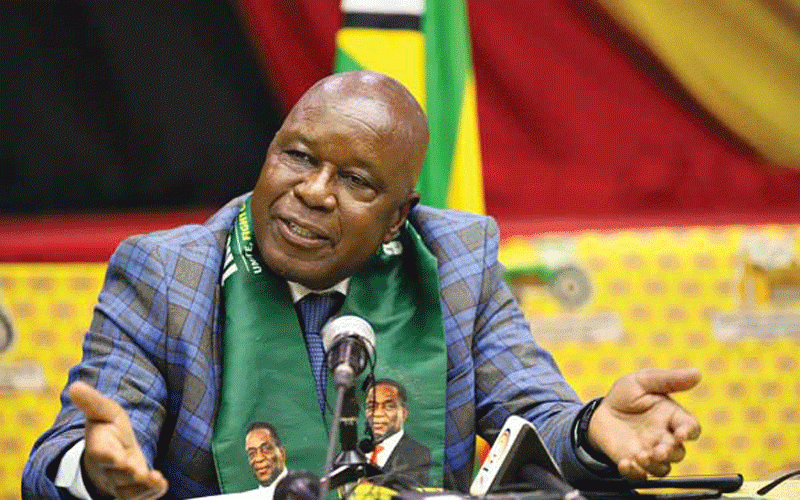
Two half-brothers with intellectual disabilities who were wrongfully convicted of the rape and murder of an 11-year-old girl in 1983 were awarded $75 million by a jury in Raleigh, N.C., as part of a federal civil rights case.
After nearly five hours of deliberation Friday, a jury found that Henry McCollum and Leon Brown should each receive $31 million, representing the 31 years they spent in prison, the Raleigh News &Observer reported. The brothers, who are both Black, were also awarded $13 million in punitive damages.
Elliot S. Abrams, an attorney representing the brothers, told The Washington Post in a statement Sunday that the award is the highest combined verdict in U.S. history in a wrongful conviction case and is the largest ever personal injury award in North Carolina.
“The jury could not have sent a stronger message that the citizens of this country will not tolerate law enforcement misconduct and will no longer blindly believe the testimony of law enforcement over that of marginalized people,” he said.
The substantial payout comes after the brothers, who were released from prison in 2014 after DNA evidence exonerated them, pursued civil action against law enforcement for violating their civil rights during interrogations that led to the convictions for the crime in Red Springs, N.C., the Associated Press reported.
McCollum and Brown, then 19 and 15, respectively, struggled with basic reading and writing because of their intellectual disabilities. But life took an even harder turn when they were arrested in connection with the death of Sabrina Buie, a girl who was found in a soybean field behind a grocery store in Red Springs, a small town near the South Carolina border. As The Post reported, police said the 11-year-old was naked except for a bra, and she had been raped and suffocated with her own panties.
The brothers were brought in by police on a tip from a “confidential informant,” who happened to be a 17-year-old classmate who was acting on rumors she heard around school, the Guardian reported. After enduring hours of questioning without a lawyer present, they signed confessions that were written for them that implicated the other of rape and murder. They say they signed them not understanding what the confessions meant, the News & Observer reported.
Police had coerced them into confessing, according to their attorneys. Des Hogan, a Washington lawyer assisting the brothers, argued to the jury that such action by police should never have been the basis for probable cause.
- Chamisa under fire over US$120K donation
- Mavhunga puts DeMbare into Chibuku quarterfinals
- Pension funds bet on Cabora Bassa oilfields
- Councils defy govt fire tender directive
Keep Reading
The brothers were sentenced to death in 1985. Brown, then 16, was the state’s youngest death-row inmate at the time. McCollum would become the state’s longest-serving inmate on death row. The brothers were retried in the early ’90s, and Brown’s sentence was adjusted to life in prison.
But in 2009, McCollum reached out to the North Carolina Innocence Inquiry Commission, an independent organization created by the state’s General Assembly. When the commission took on the men’s case, they found DNA evidence on a Newport cigarette butt pulled from the crime scene. As they discovered, the DNA matched up with another man who had been convicted of a similar rape and murder that occurred less than a month after Buie was found dead.
Five years later, the DNA evidence was enough for a Robeson County judge to toss their convictions.
McCollum and Brown started to pursue civil action against law enforcement and the city in 2015. Hogan told The Post that the men faced years of mental anguish, loss and victimization from the wrongful conviction.
“I told the jury that it was up to them to decide how much the pain and suffering of being in hell for 31 years was worth, and asked ‘Is $1 million a year enough to compensate for living in hell?’ ” Hogan said.
Scott MacLatchie, the lead defense attorney for the North Carolina State Bureau of Investigation agents, attempted to cast doubt during his closing arguments on whether the brothers were innocent, the Associated Press reported. MacLatchie didn’t respond to a request for a comment Sunday.
The Robeson County Sheriff’s Office settled its part of the case for $9 million before Friday. The sheriff’s office didn’t respond to a request for comment.
Red Springs, the town where the crime happened and a defendant in the original civil suit, settled in 2017 for $1 million, the Associated Press reported.
The brothers’ most recent award will be safeguarded by guardians who were appointed by and will be overseen by the court, Abrams said.
“The brothers have been consistent in their position that they are only two of many innocent people who have been imprisoned, many of whom remain on the death rows throughout our nation,” Abrams said. “Their horrifying experience shows the need for the abolition of the death penalty in this country.”
The brothers embraced their legal team Friday and swiped away a few tears after the jury made its decision. Reflecting on people like him who’ve been on death row, or are still there, McCollum offered a few words of what the moment meant to him: “I’ve got my freedom”.-BBC











